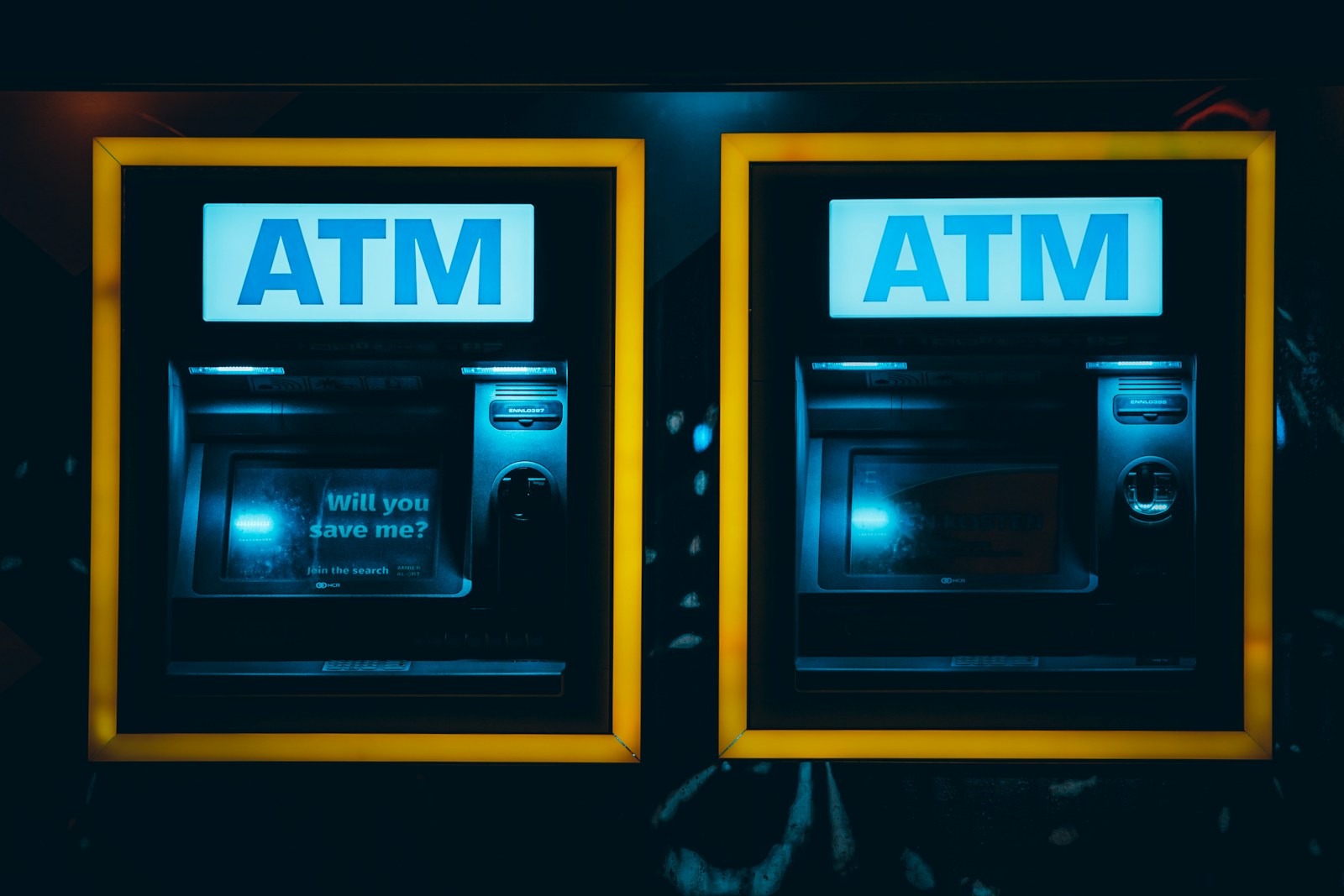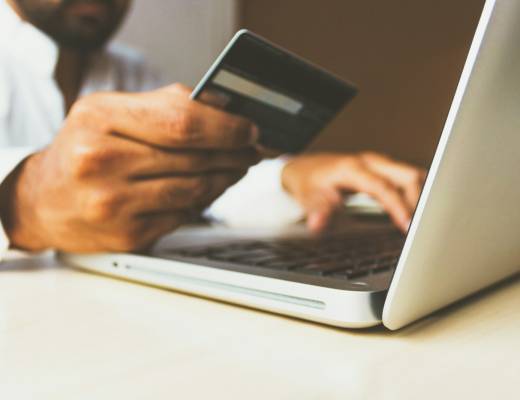Opening a checking account is often one of the first steps people take when managing their personal finances. It’s a convenient way to manage your finances on a day-to-day basis. However, while it may seem like a straightforward process, there are situations where a bank can deny your application for a new checking account.
Let’s explore when and why a bank might deny you the opportunity to open a checking account and what you can do about it.
Why banks might deny your checking account application
When you apply to open a new checking account, the bank will typically perform a few checks to assess your financial history and eligibility. Here are the most common reasons a bank might refuse to open a new checking account for you.
1. Negative banking history (ChexSystems)
One of the most common reasons a bank will deny a new
checking account is due to your banking history. Banks often use a consumer reporting agency called ChexSystems, which tracks your past banking behavior. If you’ve had a history of overdrafts, unpaid fees, or closed accounts due to negative balances, the bank may view you as a higher risk and choose not to open a new account for you.
ChexSystems provides banks with a report on whether you’ve had issues related to previous checking accounts. If the report indicates a negative history, it may be more difficult to open a new account, especially with traditional banks.
2. Poor credit
Although banks generally don’t require a high
credit score to open a basic checking account, your credit score can still play a role. A low credit score may be an indication of financial instability, and some banks use credit reports to assess the risk of doing business with you.
While this is less common with standard checking accounts, some banks may refuse to open an account if your credit score is too low or if you have ongoing issues such as bankruptcy or significant debt.
3. Failure to provide required documentation
To open a checking account, you’ll need to provide certain documentation, such as:
- Proof of identity (e.g., passport, driver’s license, or Social Security card)
- Proof of address (e.g., utility bill or lease agreement)
- Your Social Security Number or taxpayer identification number
If you fail to provide all the necessary documents or your identification cannot be verified, the bank may deny your application.
4. Unresolved fees or debts
If you owe money on a previous account with the same bank or have unresolved debts associated with a closed account, the bank may deny your application. Banks typically want to ensure that you don’t have outstanding fees or unresolved financial obligations that might prevent you from
managing your new account effectively. If you’re in this situation, it’s a good idea to try to
resolve any outstanding debts before applying for a new account.
5. Applying for multiple accounts in a short period
If you’ve applied for multiple checking accounts within a short time frame, some banks may see this as a red flag. It can signal to the bank that you might be experiencing financial instability, or they could view you as potentially trying to take advantage of opening accounts for rewards or benefits. Too many recent applications could negatively affect your ability to open a new account.
6. Ineligibility based on residency status
Some banks only offer checking accounts to individuals who are U.S. citizens or permanent residents. If you are in the country on a temporary visa or have an incomplete immigration status, you may not be eligible for a new account. It’s essential to verify with the bank to determine their residency requirements before submitting an application.
7. Bank’s own policies or requirements
Each bank has its own set of policies regarding who it will approve for a checking account. Some may have specific requirements such as a minimum deposit amount, a certain age or specific income levels. If you don’t meet these internal policies, the bank may choose not to approve your application.
What can you do if a bank denies your application?
If you’re denied a new checking account, don’t panic. Here are a few steps you can take to improve your chances of approval:
1. Check your ChexSystems report
You can request a free copy of your ChexSystems report once a year to see what banks see when they review your history. If you find negative marks that aren’t accurate or are outdated, you can dispute them. Clearing up your record can improve your chances of being approved for a checking account in the future.
2. Consider second-chance checking accounts
If you’ve been denied for a traditional checking account due to past banking issues, you might want to explore
second-chance checking accounts. These are designed for individuals with poor banking histories and come with fewer fees and restrictions than standard accounts. While they may have fewer features and higher fees, they can help you rebuild your banking history.
3. Fix any outstanding issues
If your application was denied due to unpaid fees or outstanding debt, work on resolving those issues. Pay off any outstanding balances with your previous bank and ensure that any outstanding fees are settled. Once everything is in order, reapply for an account.
4. Look for banks with less stringent requirements
Some online banks and credit unions have more relaxed requirements for opening a checking account. Research other banking options and consider applying to institutions that may be more flexible with their eligibility criteria.
A denied checking application: What you can do
While there are several reasons a bank may deny your checking account application, there are also steps you can take to improve your chances of approval. Checking your ChexSystems report, addressing outstanding debts, or considering second-chance accounts are all practical ways to move forward. By understanding the reasons behind the denial and taking proactive measures, you can increase your chances of successfully opening a checking account in the future.
Disclaimer: Article content is intended for information only. It may not reflect the publisher’s or employees’ views. Consult a financial professional before making financial decisions. Publishers or platforms may be compensated for access to third-party websites.
Photo by Eduardo Soares; Unsplash







